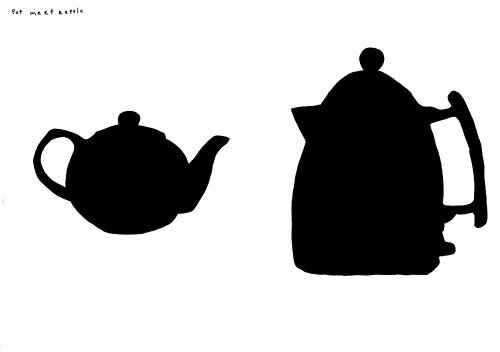shadders
Well-known member
shadders said:Hi,
The article is not very clear. If you go to the universtry story, there is more information, but it is insufficient to determine the extent of the human brain superiority in recognising someones voice. The study was on recognising a human voice, which is a cognitive function, not a measuring capability.
1. The study indicates that 4 syllables are required for a human for 99% accuracy.
2. The 99% accuracy is only possible if the test subject is VERY familiar with the persons voice, such as a very close friend or family. NOT applicable to all people whose voice was required to be recognised.
3. The article states 92% accuracy for a machine. Is this with 2 syllables (mentioned in the article) or 4 syllables as per the humans with close friends or family ?. Is this with all peoples voices and not just the very close friends or family ?. As such, with every one who was required to be recognised, did the machine exceed human capability ???
4. The machines are only as good as the algorithmic design or programmer. There may be better algorithms not yet tested.
Regards,
Shadders.
Gazzip said:Your reference to familiarity is not relevant. Familiarity was required to generate a result. How else would a voice recognition experiment work without recognition of the voice being the goal?
From the actual article :
"“The auditory capacities of humans are exceptional in terms of identifying familiar voices."
and
"Plante-Hébert found that the participants were unable to identify short utterances regardless of their familiarity with the person speaking. However, with utterances of four or more syllables, such as “merci beaucoup,” the success rate was nearly total for very familiar voices. "
Gazzip said:The machine/software could not measure the sounds with sufficient accuracy to cross reference them to a relatively small database and recognise them as often as the humans subjects could. Please expand on how the human did not beat the machine here.
The accuracy of the machine is not stated for the number of syllables spoken. For 2 syllables, humans did not obtain 99%. We do not know what the machine accuracy was for 2 syllables. That is the problem - we only know, for familiar voices, where they spoke 4 syllables, that humans obtained 99% and machines 92%.
So this requires the questions :
1. What accuracy did humans obtain for non-familiar voices ?
2. What accuracy did the machine obtain for non-familair voices ? (familiar here is in regards to human familiarity)
Gazzip said:Cognitive function is a persons reasoning, memory, attention and language recognition which leads to a knowledgeable response. These are all skills that a computer has and which a well designed algorithm can connect in to a form mimicing cognitive function. You may well be right that the algorithm is not fully developed and the machine may one day beat us at recognising sounds, but at this time it cannot. Simple as that really.
All we know is that for very familiar voices with 4 syllables spoken, humans achieved 99% and machine achieved 92%. That is it - this does NOT mean humans beat machines in EVERY respect with regards to voice recognition.
Gazzip said:I don't understand what point you are trying to make, but digging your heels in on a point like this makes you appear to be a anti-humanist technophile with an axe to grind.
My point is that you have not read the actual research summary, arrived at the wrong conclusion, and misapplied the study results on voice recognition to mean that humans can tell the difference between cables.
Regards,
Shadders.


